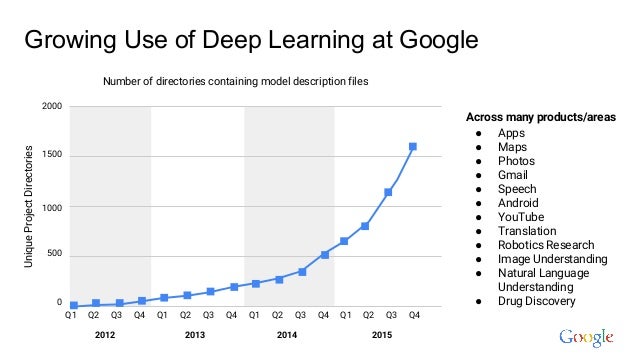Finally, I also think it is difficult to predict the rate of machine learning of this 11 teraflop monster. Humans have a tendency to extrapolate from current experience to the future - witness the fact that investors continually buy high and sell low.
It's quite possible the learning will happen faster than we predict.
Contrary to the opinion of others here, I think it's extraordinary that the learning has happened so fast - given that Tesla vision started from zero six months ago and is close to achieving parity with a system that used neural nets Mobileye refined over many years. And it's still using only 2 of 8 cameras and presumably a fraction of its processing capacity.
Personally I think we are in for pleasant surprises over the next 12 months.
This logic is so flawed it amazes me. In-fact i have seen it alot over reddit and electrek that i sometimes wonder about Tesla fans. Literally what you are saying is that because I can build an impressive graph calculator in half an hour right now. It means that i did an extraordinary thing that took Texas Instruments 2 decades to do?
What's off in the logic? Oh wait, maybe the fact I used all the technological innovation from the last two decade to be able to do what i did in the fraction of the time. Its not to the credence of my intelligence but what others have done.
The first Darpa driver-less car grand challenge in 2013 for example saw no team complete (infact no team went more than 7 miles) and the 2005 challenge saw only 5 teams complete it.
There you had hundreds of teams from different universities sponsor by dozens of companies.
These teams had access to millions of dollars of sensors. Each team had an average 10-15 Lidars which cost over $100,000 each. They also had to write millions of lines of code just to complete a simple task.
Compare that to today where you can do a magnitude more than what that challenge required with a $10 dollars forward facing camera and a smartphone running around 100 lines of code.
The PBS Grand Challenge Documentary Video is a good watch.
"The red team robot has on the order of a million lines of computer codes, even so they do very simply reasoning about the world, they look for flat spots, flat is good, drive on it."
Think about it, millions of lines of code just to do something simple vs 100 lines of code.
millions in sensors vs 1 ten dollar camera.
Trunk full of computers vs a smartphone.
one forward camera and a few lines of code today leads to
technological innovation comes from academia not from private corporations.
Nvidia created their self driving car in a month, Geohut for example in a couple months.
Thats because of the already scientific breakthrough in machine learning which started around 2012.
Here's for example the starting of use of deep learning at google.
Infact just 8 years ago "Even the most sophisticated computers can't tell a dog from a cat"
Chris Bishop: Even the most sophisticated computers can't tell a dog
infact the best state of the art computer vision we had couldn't tell a building from a tree. The best real time SOA speed limit classifier we had only had accuracy of around 50%.
We finally saw breakthrough in computer vision with more research and use of deep learning in 2012.
In Artificial Intelligence Breakthrough, Google Computers Teach Themselves To Spot Cats on YouTube
Today we can distinguish cats from dogs with over 99% accuracy.
Dogs vs. Cats | Kaggle
Even more amazing, we can attains that type of accuracy on every other category of classification.
Things we take for granted today; object detection, recognition and classification of any category weren't possible just few years ago.
Or rather we had accuracy well below 50%.
While today the best deep learning object classifier today can achieve over 90% accuracy on any category.





